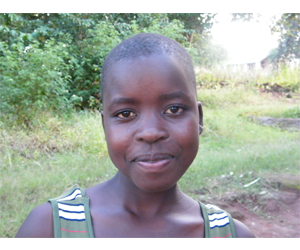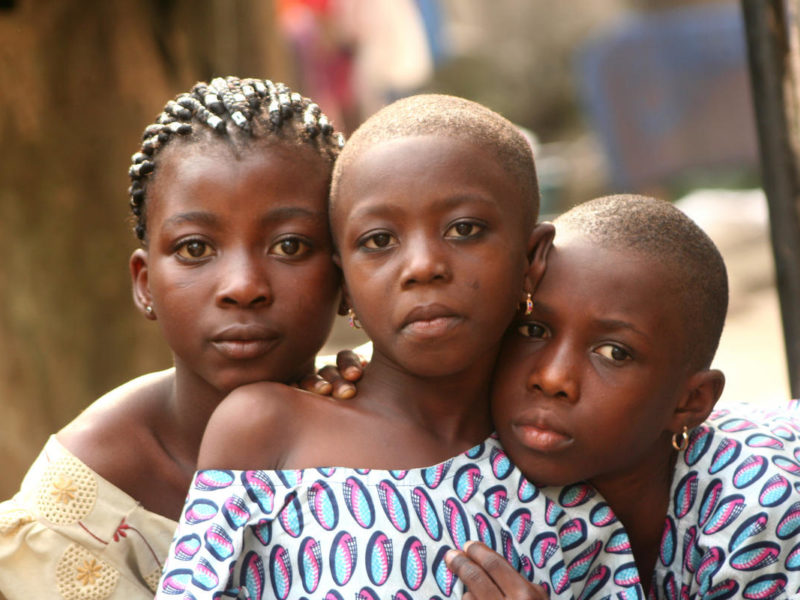An adolescent girl gets a second chance to attend school and reduce her vulnerability to HIV.
Malawi’s national HIV prevalence rate is one of the highest in the world – 12 percent, according to the country’s most recent Demographic and Health Survey. The majority of infections occur among young people, aged 15 to 24, and girls are disproportio-nately affected. One factor that contributes to girls’ HIV vulnerability in Malawi is early marriage, which robs young girls of the opportunity to attend school and gain the skills and capacity to avoid HIV infection.
As a young girl, Chimwemwe Banda* was abandoned by her mother and stepfather. Although she had an older sister to look after her, life was hard. The sisters had to struggle every day just to meet their basic needs, and there was not enough money for Chimwemwe to continue school. These difficult circumstances compelled Chimwemwe to marry when she was only 15. However, she soon realized that marriage was not improving her situation as she had hoped.
A year after her marriage, Go Girls! arrived in Chimwemwe’s village. Funded by the U.S. Agency for International Development through the U.S. President’s Emergency Plan for AIDS Relief, Go Girls! is a unique, three-year project (2007-2010) to reduce HIV prevalence among vulnerable girls aged 10 to 17 in Botswana, Malawi, and Mozambique. The project strives to strengthen gender programming worldwide by developing new approaches and expanding existing ones to reduce adolescent girls’ risk of infection.
With assistance from Go Girls!, Chimwemwe’s village developed a community mobilization team that recognized the detrimental effects of early marriage on girls and advocated delaying marriage as a strategy for maintaining girls’ health and encouraging their educational pursuits. Understanding Chimwemwe’s vulnerability, the team convened a meeting of all interested parties at the village headman’s house to discuss her situation and officially dissolve the marriage.
Since then, Chimwemwe has returned to school. When asked if her life has improved, she affirmed that it is better now. “I feel good about being back in school,” she said. “If I had the opportunity to advise other girls, I would tell them not to marry early but to continue schooling because school is good. I am working hard at school every day so that I may have a brighter future.”
*Name has been changed.
Build strong girls and strong communities worldwide with the Go Girls! Toolkit, available March 2011.
To learn more about the Go Girls! Initiative, click here or email Dr. Carol Underwood, Project Director.




